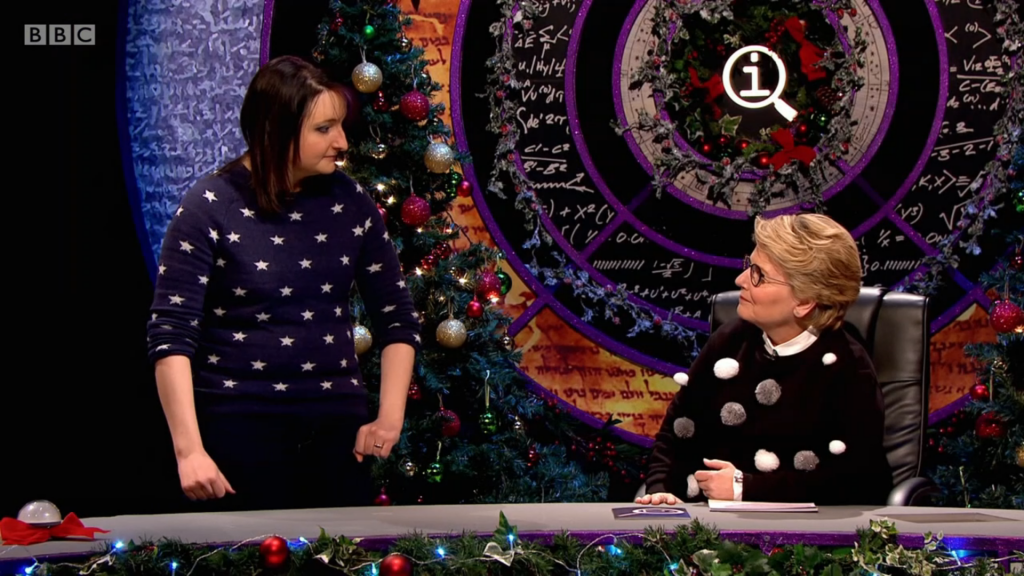TL;DR: We’re holding a distributed Wikipedia edit-a-thon on Saturday, May 12th, 2018 from 10am to improve the visibility of women mathematicians on the Wikiquotes Mathematics page. Join in from wherever you are! Details below, and in this Google Doc.
Extension and abstraction without apparent direction or purpose is fundamental to the discipline. Applicability is not the reason we work, and plenty that is not applicable contributes to the beauty and magnificence of our subject.
– Peter Rowlett, “The unplanned impact of mathematics”, Nature 475, 2011, pp. 166-169.
Trying to solve real-world problems, researchers often discover that the tools they need were developed years, decades or even centuries earlier by mathematicians with no prospect of, or care for, applicability.
– Peter Rowlett, “The unplanned impact of mathematics”, Nature 475, 2011, pp. 166-169.
There is no way to guarantee in advance what pure mathematics will later find application. We can only let the process of curiosity and abstraction take place, let mathematicians obsessively take results to their logical extremes, leaving relevance far behind, and wait to see which topics turn out to be extremely useful. If not, when the challenges of the future arrive, we won’t have the right piece of seemingly pointless mathematics to hand.
Peter Rowlett, “The unplanned impact of mathematics”, Nature 475, 2011, pp. 166-169.
Now, don’t get me wrong. I have every admiration for Peter and his work; his is a thoughtful voice of reason, and it’s not at all unreasonable for the Wikiquote page on mathematics to cite his writing.

